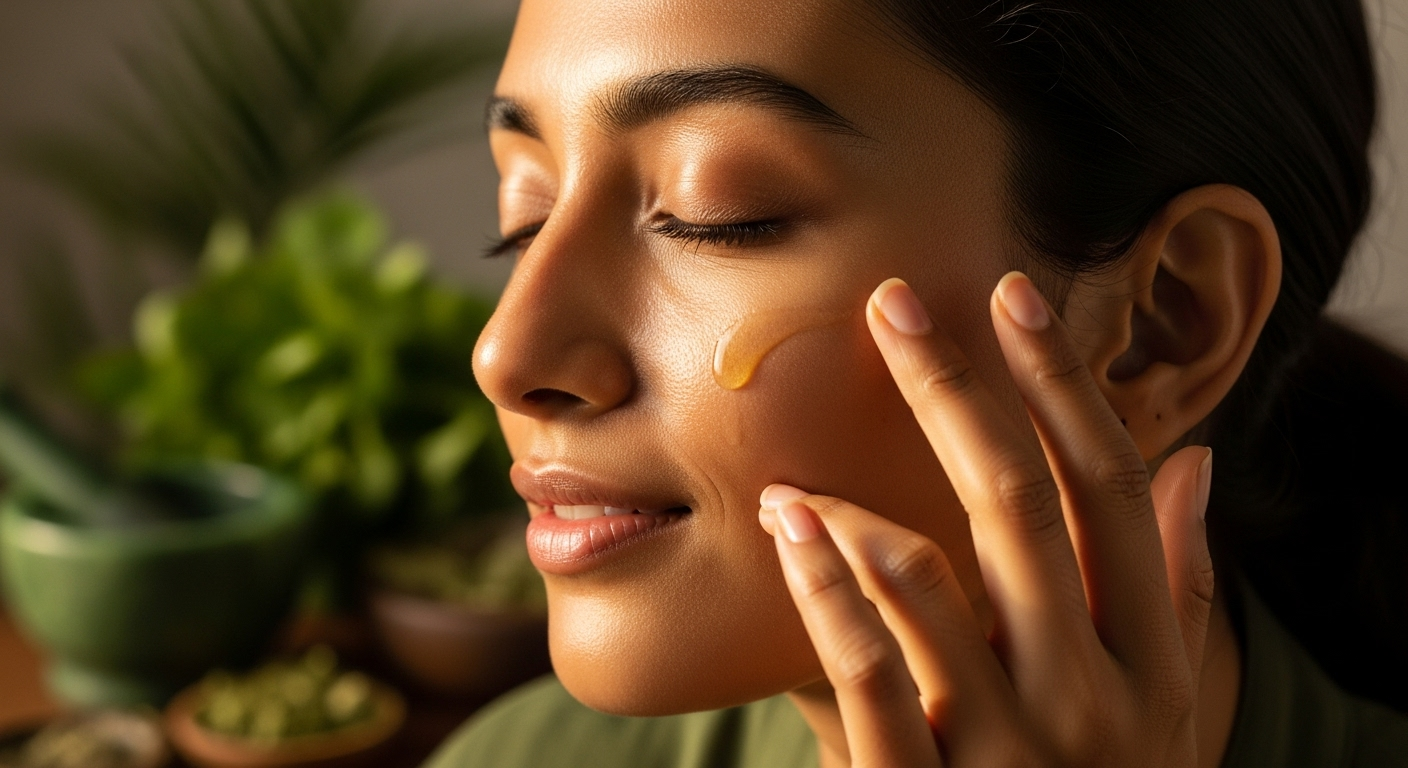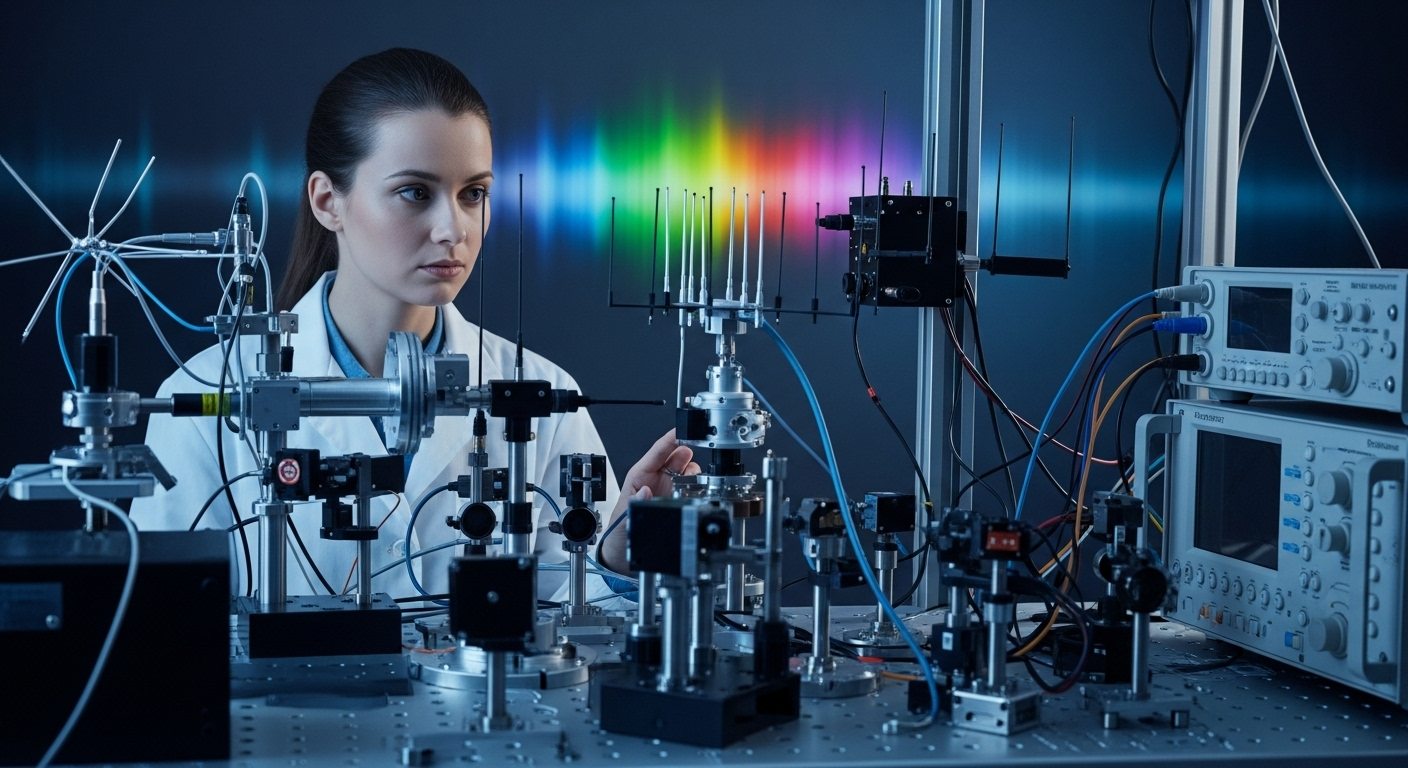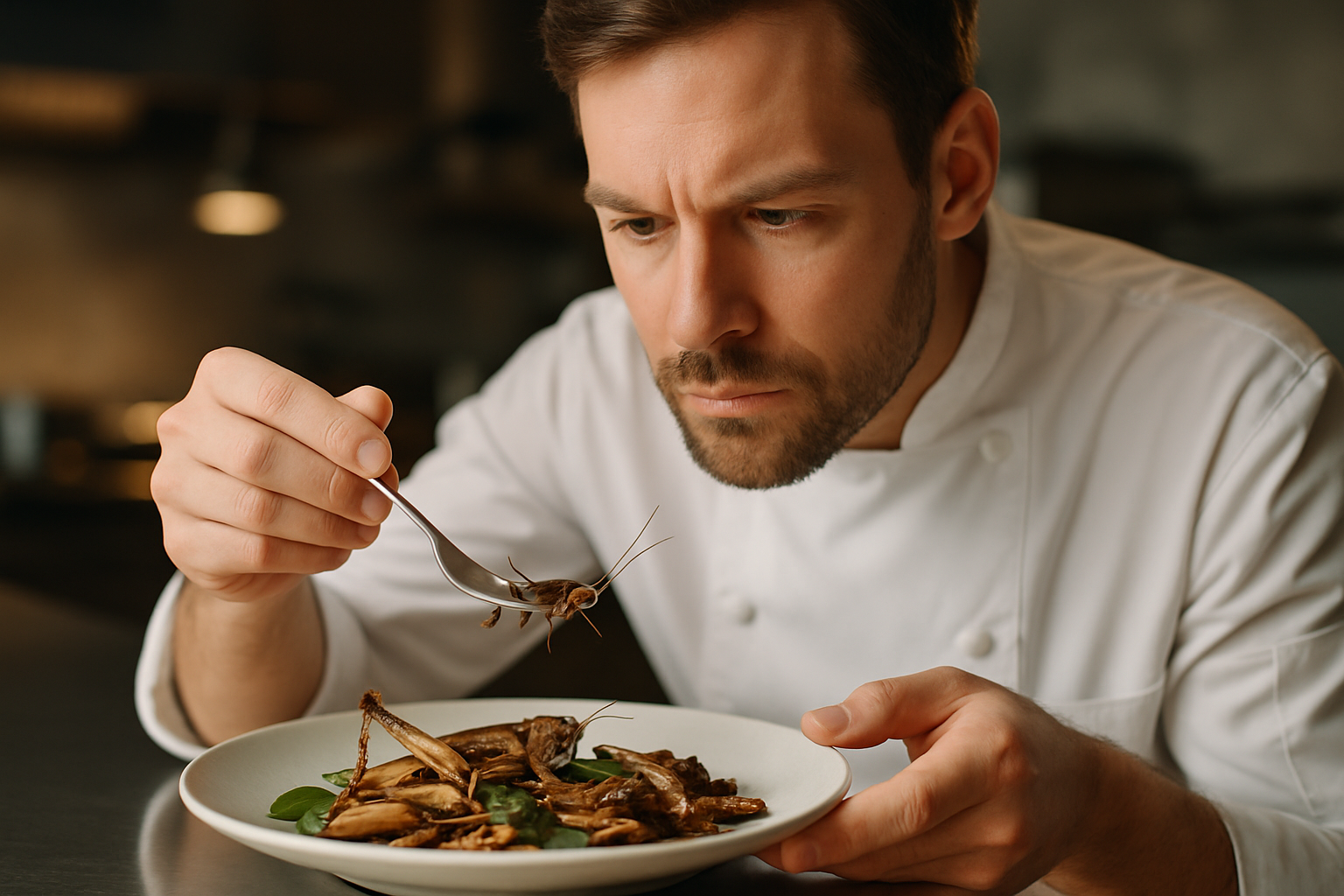Biome-Balancing Skincare: The New Frontier
The world of skincare is undergoing a revolutionary transformation, with a newfound focus on the delicate ecosystem living on our skin. This microscopic world, known as the skin microbiome, is reshaping our understanding of beauty and skincare. Gone are the days of harsh cleansers and aggressive exfoliation. Instead, a gentler, more holistic approach is emerging, one that seeks to nurture and balance the trillions of microorganisms that call our skin home. This shift represents a paradigm change in how we approach skincare, moving from a war against bacteria to a harmonious coexistence with our microbial allies.

Historically, skincare focused on eliminating bacteria, viewing all microorganisms as potential threats. However, this approach often led to disrupted skin barriers and increased sensitivity. The new understanding of the skin microbiome has shifted this perspective, recognizing that many of these microorganisms are not only harmless but essential for healthy skin.
The Rise of Probiotic Skincare
As our understanding of the skin microbiome has grown, so too has the popularity of probiotic skincare. These products contain live bacteria or their byproducts, designed to support and enhance the skin’s natural microbial community. Probiotic skincare aims to create an environment where beneficial bacteria can thrive, crowding out harmful species and promoting overall skin health.
Probiotic ingredients in skincare products can take various forms. Some products contain live probiotics, while others use lysates (broken-down bacterial cells) or postbiotics (beneficial compounds produced by bacteria). These ingredients work to strengthen the skin barrier, reduce inflammation, and even combat specific skin concerns like acne or eczema.
Prebiotic Skincare: Feeding Your Skin’s Microbiome
Alongside probiotics, prebiotic skincare has emerged as another key player in the biome-balancing trend. Prebiotics are essentially food for the beneficial bacteria on our skin. By incorporating ingredients that nourish these microorganisms, prebiotic skincare aims to create an optimal environment for a healthy microbiome.
Common prebiotic ingredients include various forms of fiber, such as inulin and fructooligosaccharides. These compounds are not digestible by human cells but serve as excellent food sources for beneficial bacteria. By selectively feeding good bacteria, prebiotic skincare can help shift the balance of the skin microbiome towards a healthier state.
Personalized Microbiome Care
One of the most exciting developments in biome-balancing skincare is the emergence of personalized approaches. Just as our gut microbiomes are unique to each individual, so too are our skin microbiomes. Factors such as age, gender, environment, and lifestyle all influence the composition of our skin’s microbial community.
Recognizing this individuality, some companies now offer microbiome testing services. These tests analyze the composition of an individual’s skin microbiome, identifying potential imbalances or deficiencies. Based on these results, personalized skincare regimens can be developed, targeting specific microbial needs.
This level of personalization represents a significant leap forward in skincare. Rather than relying on one-size-fits-all solutions, consumers can now access tailored products and routines designed to work in harmony with their unique skin ecosystem.
Beyond Topical Applications: Lifestyle and Diet
While topical products play a crucial role in biome-balancing skincare, the approach extends beyond creams and serums. Increasingly, experts are recognizing the interconnected nature of our various microbiomes and the impact of lifestyle factors on skin health.
Diet, in particular, has emerged as a key influencer of skin microbiome health. Foods rich in prebiotics and probiotics can support not only gut health but also skin health. Fermented foods, high-fiber vegetables, and certain types of dairy have all been linked to improved skin microbiome diversity.
Stress management and sleep quality are also gaining attention for their impact on skin microbiome health. Chronic stress and poor sleep can disrupt the delicate balance of the skin’s ecosystem, potentially leading to inflammation and various skin issues.
The Future of Biome-Balancing Skincare
As research in this field continues to evolve, we can expect to see even more innovative approaches to biome-balancing skincare. One area of particular interest is the development of targeted probiotics for specific skin concerns. For example, researchers are exploring the use of specific bacterial strains to combat acne or reduce signs of aging.
Another exciting frontier is the exploration of the skin-brain axis. Early research suggests a bidirectional relationship between the skin microbiome and mental health, opening up new possibilities for holistic approaches to both skin and mental wellbeing.
The integration of technology is also set to play a significant role in the future of biome-balancing skincare. From at-home microbiome testing kits to AI-powered skincare recommendations, technology will enable increasingly sophisticated and personalized approaches to maintaining skin microbiome health.
In conclusion, biome-balancing skincare represents a profound shift in our approach to skin health. By working with our skin’s natural ecosystem rather than against it, this new paradigm promises more effective, gentler, and sustainable skincare solutions. As our understanding of the skin microbiome continues to grow, we can look forward to increasingly sophisticated and personalized approaches to achieving healthy, radiant skin.






